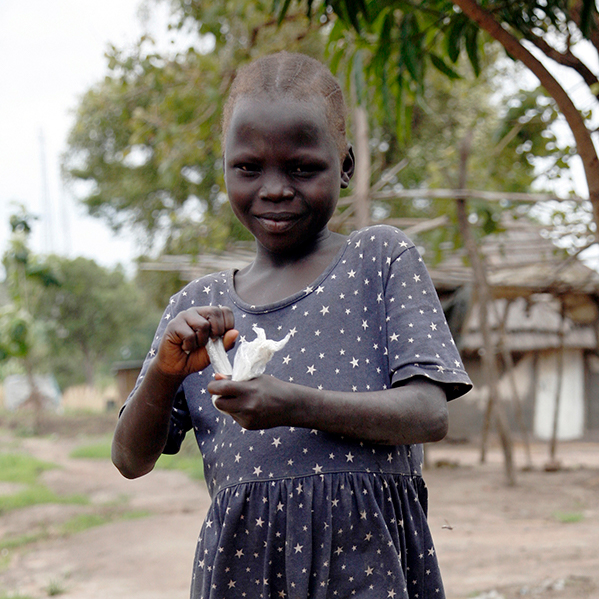Qualitative Research Support to the World Bank’s South Sudan Adolescent Girls Initiative (AGI)
Qualitative Research Support to the World Bank’s South Sudan Adolescent Girls Initiative (AGI)
Project Outputs
Launched in 2010, the World Bank’s Adolescent Girls Initiative (AGI) promoted the transition of young women from school to productive employment. A baseline evaluation of the programme found that targeted households suffered extreme poverty and food insecurity; women suffered disproportionately, with high rates of adolescent childbirth, lower levels of education and very low engagement in earning activities. However, willingness to participate in programmes and a surprising rate of saving highlighted the scope for improving knowledge and attitudes towards increased agency.
Integrity worked closely with World Bank and BRAC staff to review monitoring data and the impact assessment and agree on the sampling framework. Our research tools were designed with sensitivity to the language used throughout the programme to ensure familiarity among participants and comparability between previous monitoring and evaluation methods. Local researchers provided translation in local dialects.
The final report focused on detailed findings on the six AGI programme components: safe spaces; life skills training; livelihood training; financial literacy training; savings and credit services and community sensitisation. Through the lens of ‘empowerment,’ ‘voice’ and ‘agency,’ the findings focus on each of these components in turn, delivering insights into enabling factors, hindering factors and impact. A key finding was that as a result of the AGI programme many girls claimed that they now felt confident to talk about family planning, asserting that their improved knowledge on this issue has influenced their own voice and agency.
Tags
South Sudan, Monitoring, Evaluation, and Learning,
